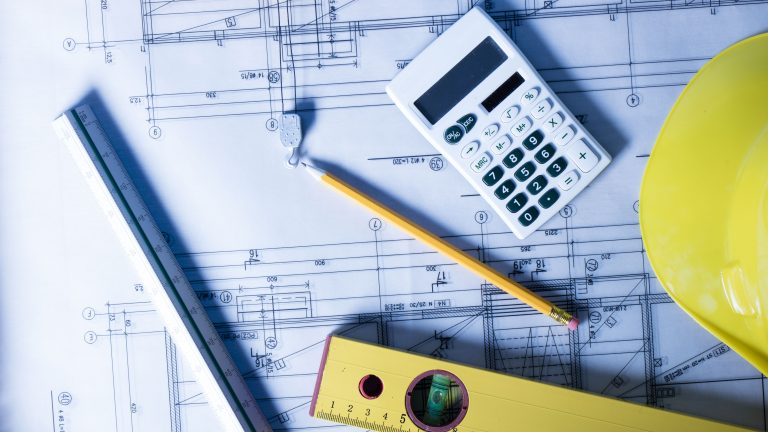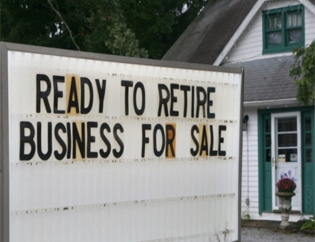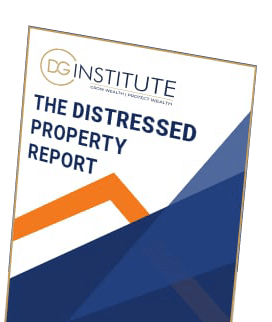Four great tips for tax-effective property renovations and repairs
Published 9:15 pm 13 Oct 2019

If you own an investment property, renovations can be a great way to boost capital value and raise your rental income. But beware of the tax traps. Planning ahead can maximise your returns, writes DGI Founder and CEO Dominique Grubisa.
The warmer months are here, and many owners of investment properties have turned their minds to repairs and renovations. Improving the condition of your property by repairing broken and worn items and adding additional amenities can be a great way to add value and ensure ongoing rental returns. But before you ring a tradesman or repair a single broken shingle, give thought to the tax implications. Many improvements are not immediately tax deductible, and when and how you make changes will affect your bottom line. Read through the following four tips before beginning your renovation project.
→ Optimise Your 2020 Tax Return, Book A Free Assessment With Our Tax Specialists Now
1. Understand the difference between renovations and repairs
Renovations and repairs on an investment property are regarded as two completely different procedures by the tax office, meaning you need a different taxation approach for each.
So what’s the difference?
Generally speaking, repairs are something you do to maintain your property. They typically involve fixing wear and tear caused by tenants and restoring an object or feature’s functionality. So, if a door has come off its hinges and needs to be put back on, that’s a repair. Fixing (but not replacing) a broken kitchen bench or a water heater is also a repair. So too is painting a room. Repairs carried out at least a year following purchase are a deductible expense, meaning they can be written off in the current tax year.
Renovations on the other hand are considered to be a capital expense and must be written off over time. Renovations can include major construction work like adding an extra bedroom, building an outdoor living space or completely remodelling the kitchen. But they can also include relatively minor changes, such as ripping up and replacing lino, replacing a stove or fridge, or completely replacing a fence. The depreciation period for each part of a renovation will depend on its nature. A stove or a fridge, for example, can be depreciated over its useful life, whereas the cost of a new bedroom will need to be written off over 40 years at 2.5 per cent a year. The exception to the rule is renovation capital expenses that cost less than $300; these can be immediately deducted. So, a new $250 microwave that you buy for the property can be claimed as a deduction in the current tax year.
Remember to record everything. The line between what is a renovation and what is a repair can be blurred at times. With different tax rules applying to each procedure, you need to cover yourself by keeping thorough records of where you spent monies on your rental property. If you pay a contractor to carry out work that consists of both repairs and renovations, you should separate these costs, possible through separate invoices. Keeping detailed records on your capital costs will also come in handy in potentially reducing your capital gains tax obligation come sale time.
2. Don’t claim new items that should be depreciated
If you buy a relatively small item like a washing machine or a dryer for an investment property that you’re renting out, the temptation can be to chalk the whole expense up as a deduction. Afterall, the cost was only $600 or $800; what can be the harm? The truth is there’s no faster way to fall foul of the tax office than by claiming a deduction on an item that should be depreciated. Stick to the rules, work out your depreciation schedule and you’re more likely to avoid the expense and humiliation of negative audit outcome.
3. Consider deferring repairs
Imagine you’ve just acquired a new investment property with a view to renting it out to tenants. Naturally, the better the property looks, the greater demand it will attract from potential renters, and the higher the rental returns you can expect. It makes sense to splash out on some essential repairs to spruce the place up, right? Not so fast. In some cases it can actually make better financial sense to slightly defer those little repairs. The tax office regards investment property repairs carried out in the first 12 months after acquisition as ‘initial repairs’, meaning they must be treated as capital expenditure rather than an immediately deductible expense. The ruling applies even if all you’re doing is rectifying defects and damage that existed at the time you bought the property. Provided a defect is not bad enough to deter potential tenants, it may make economic sense to wait a year before fixing it. That way you’ll enjoy a full tax deduction rather than needing to depreciate the repairs.
4. Beware of the GST
If you are considering carrying out major renovations to a rental property, thoroughly investigate the tax implications. While newly built homes are subject to GST when sold, older homes are not. That is unless the scope of any renovations carried out is so large that the tax office deems the property to effectively be a new property. Renovations that significantly increase a dwelling’s footprint or living space may push you over the cusp. Seek professional advice before building.
Good luck with your renovations! Remember to think before you act, and you’ll stand your best possible chance of having a highly tax effective investment property.
You May Also like to Read
Unlocking Potential: Uncovering Hidden Gems in Australia’s Property Market
Welcome to this edition of Property Edge, where we delve into the latest trends and insights shaping the Australian property...
Suburbs on the Rise: Property Searches Indicate Growth Potential
Welcome to the latest edition of Property Edge, where we delve into the dynamic world of real estate. In this issue, we...
Builder Insolvencies Threaten Government’s Housing Target
Welcome to this week's edition of Property Edge, where we delve into the current state of the property market through the...
Foreign Investment In Australia’s Residential Real Estate Is On The Rise
Welcome to this week's edition of Property Edge, where we delve into the latest trends and developments in the Australian...
How Far Australian House Prices Have Soared Above Fair Value
Welcome to the latest edition of Property Edge, your definitive source for insights into Australia's dynamic real estate...
February Home Price Movements Across Australia
Welcome to another edition of Property Edge, your definitive source for insights into the Australian property market. This...















